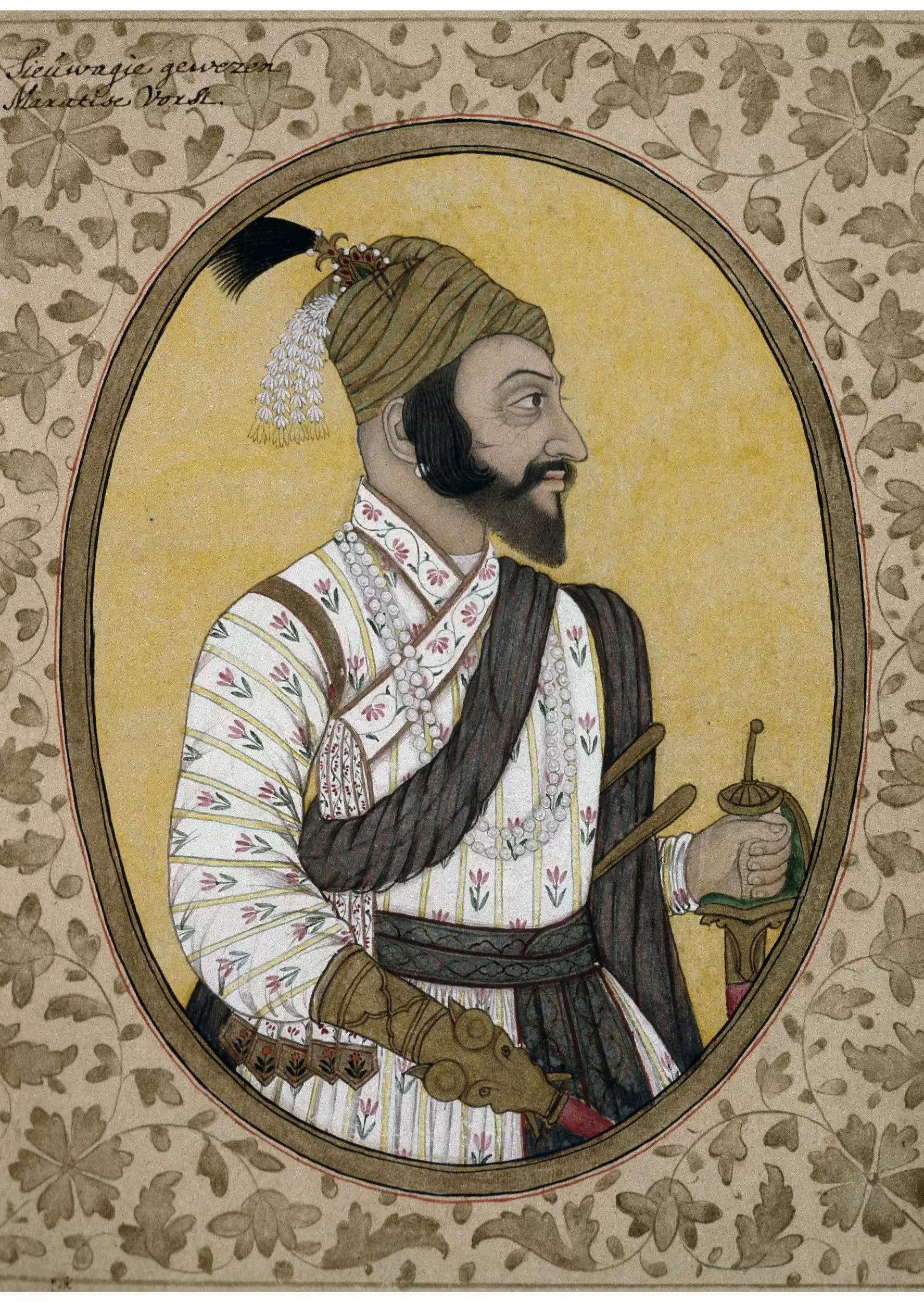How Did Shivaji Maharaj Die?
Commemorating Shivaji: A Leader's Enduring Influence

Chhatrapati Shivaji Maharaj, the revered Maratha ruler, passed away between April 3rd and 5th, 1680, at the age of 52, coinciding with the celebration of Hanuman Jayanti. The exact cause of his death remains a matter of historical debate, with several theories proposed by historians and chroniclers of the time.
The most widely accepted explanation is that Shivaji succumbed to fever and dysentery. This theory is substantiated by records from British and Portuguese sources, which detail his prolonged illness leading up to his death. These accounts indicate that Shivaji had been struggling with health issues for some time, frequently suffering from bouts of dysentery and fever, conditions that were common and often fatal in that era due to the lack of advanced medical treatments.
Another hypothesis suggests that Shivaji might have died from anthrax. This theory is mentioned in a contemporary Portuguese document, which points to the possibility of an anthrax infection. While this is less commonly cited than the fever and dysentery explanation, it presents an intriguing angle given the limited medical knowledge and diagnostic capabilities of the 17th century.
A more controversial theory posits that Shivaji was poisoned. According to this speculation, his second wife, Soyarabai, might have orchestrated his poisoning to secure the throne for her ten-year-old son, Rajaram. This narrative suggests a motive rooted in palace intrigue and succession struggles. However, the poisoning theory lacks substantial evidence and is largely based on circumstantial conjecture rather than concrete historical proof. The notion of Soyarabai's involvement remains a contentious topic among historians, with no definitive records to confirm such an act.

It is also crucial to consider Shivaji's deteriorating health in the years leading to his demise. His health had been in decline due to various factors, including the physical toll of numerous battles. Shivaji had sustained multiple injuries over his military career, which likely exacerbated his health issues. The cumulative effect of these injuries, coupled with recurrent illnesses, may have contributed significantly to his eventual death.
In summary, the death of Chhatrapati Shivaji Maharaj remains shrouded in mystery, with fever and dysentery being the most widely accepted cause. Other theories, such as anthrax and poisoning, offer alternative explanations but lack the same level of supporting evidence. The speculation around his death reflects the complexities of historical interpretation and the challenges of piecing together events from centuries past. Despite the uncertainty surrounding his death, Shivaji's legacy as a formidable warrior and a visionary leader endures in Indian history.



